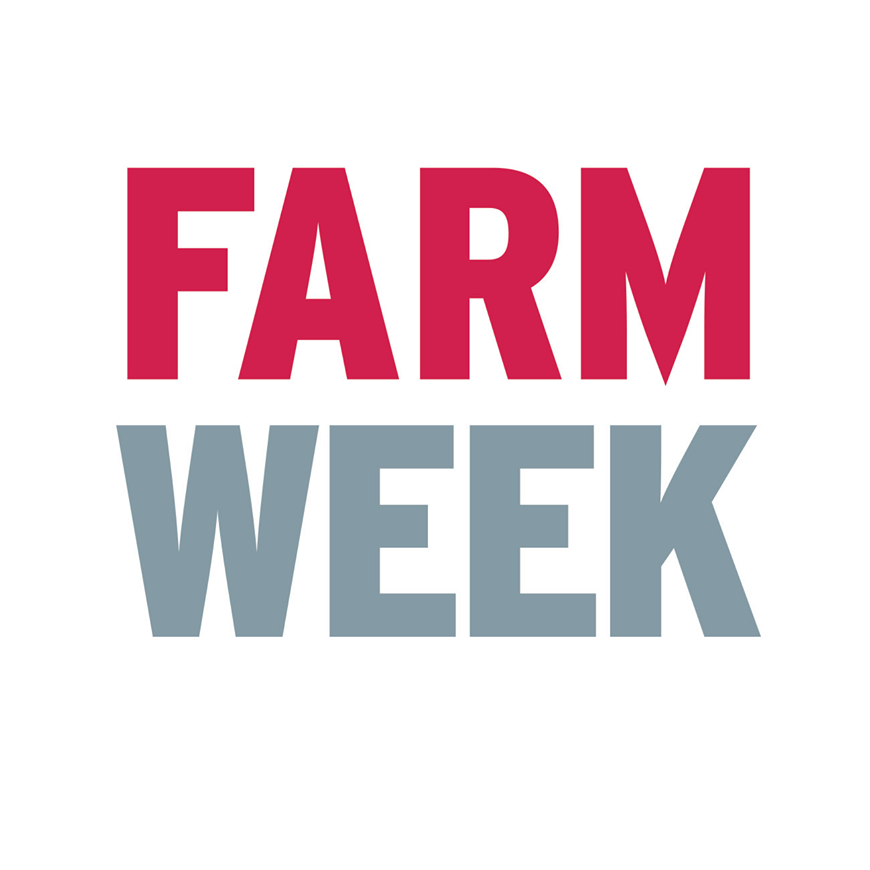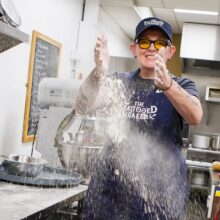Farm Week 05/06/24

Going Dutch with our message about the importance of good food.
Food NI’s and the industry’s success in raising the profile of our food and drink
especially, in support of tourism, has attracted the attention of many regions across
the globe and has helped shape many important initiatives.
As a result, due to our measurable outputs during the Northern Ireland Year of Food
and Drink in 2016, and then winning Best Global Food destination in the International
Travel and Tourism Awards 2018/19, an achievement that still brings a smile, we are
now seen as a model of food/tourism development especially in emerging regions.
There’s widespread recognition of the extent of the food and drink revolution in
Northern Ireland during two decades.
The most recent region to seek guidance from us on the importance of indigenous
food and drink within tourism was Achterhoek, part of Gelderland in the Eastern
Netherlands, close to the German border, and a region of around 500,000 people
smaller than Northern Ireland, but with many similarities. A rural region with many
solid hard-working farmers who ‘just get on with it’ and don’t brag about what they
are doing, despite having innovated and pivoted their businesses and having won
many food and drink awards.
I had the privilege recently of taking part in a series of important discussions there
about food and drink tourism. Achterhoek shares with Northern Ireland a strong agri-
food industry that’s dominated by meat, dairy and other crops such as potatoes and
grains. Among other notable products is Grolsch beer and they even have their own
vineyards. I was delighted to meet a pig farmer turned wine-maker with a range of
wines named after local castles in the Achterhoeck region. Also, a leek farmer who
was growing pumpkin and poppy seeds for the bakery sector while running a farm
shop selling produce from the area.
As traditional agriculture has been downsizing, the focus on outdoor tourism has
flourished and the area is increasingly being seen as a destination for active tourism
– cycling, canoeing, hot air ballooning and lakeside retreats. The majority of visitors
are drawn from Germany, Belgium, Denmark and the Irish Republic, and I spotted
many of them cycling their way through the beautiful landscape of fields, canals,
traditional farmhouses and windmills.
My visit included meetings with food producers and tourism bodies included the
Achterhoek Food Platform which is on a journey that we’ve been travelling for many
years here in Northern Ireland.
The platform aims to assist Achterhoek on its journey to become a food region
whereby it’s citizens, employees and visitors can choose healthy and sustainable
food whilst producers take into account their impact on the climate, biodiversity,
landscape and animal welfare. We share their commitment especially the focus on
sustainability, biodiversity and animal welfare.
Achterhoek has the ambition to become “the healthiest and most vital region in The
Netherlands and Europe”. It is keen to work with other bodies, such as Food NI,
within “an international network of leading food regions and with Achterhoek Tourism
on an internationally distinctive profile for tourism there”.
Platform Achterhoek Food wants to strengthen the Achterhoek’s network of
entrepreneurs, farmers, schools, culinary teachers and students in the food
business, tourism, social organisations, food developers and sports clubs, which
automatically creates new and innovative partnerships and business opportunities.
Food NI can certainly relate to this strategy – it reflects much of what we have been
working on since our formation in 2016. I found the visit stimulating and worthwhile
and look forward to sharing experiences and ideas with Achterhoek. There’s much
that Northern Ireland and Achterhoek can benefit from through such an ongoing
collaboration in Europe.
As always on these journeys, you leave with the intention of explaining what you
have done, and you end up learning as much as you leave behind. I was highly
impressed at the link between health and food, the work they are doing on social
programmes, using food as a method of helping people return to education or
employment. I also met the inspirational Lena Friblick, the founder of the
Botildenborg Foundation which uses food to resolve social challenges in Malmo, and
Chef Bjorn Massop of Restaurant Lokaa in Doetinchem. Connections which I hope
will last for many years.
– Michele Shirlow MBE








